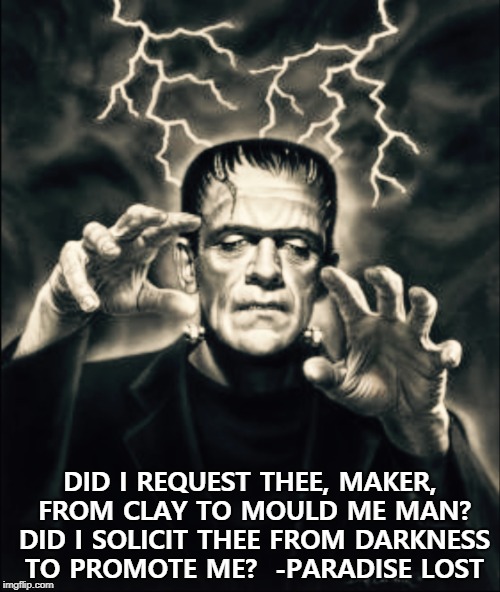


In articulating this position regarding Satan, Shelley in his Defence of Poetry writes: This Romantic notion of Satan’s heroism goes beyond John Dryden’s notion that Satan is the epic’s hero because he defeats Adam, 5) or even the idea that Satan is heroic in the sense that he drives the action of the poem and is the most dynamic character in the epic, but actually argues that Satan is morally superior to Milton’s God the Father, whose immoral actions toward Satan provoke and even justify his rebellion. To understand the significance of Lewis’s analysis of Satan, we must recognize that in A Preface, Lewis writes against a long tradition, begun with the Romantics William Blake, and more importantly Percy Bysshe Shelley, that contends that Milton unconsciously favored Satan-Blake famously wrote that Milton “was a true Poet and of the Devil’s party without knowing it” (Blake 35)-and that Satan was the true hero of Paradise Lost. Lewis’s Challenge to the Romantics’ Heroic Satan 19) Amid this presentation, I will address what I consider the strengths and shortcomings of Lewis’s and his respondents’ discussions, even as I highlight common elements in his respondents’ critiques. 4) My essay will present and analyze Lewis’s discussion of Satan and the response it elicited through 1952, focusing specifically on the books and articles during that time period that most directly and thoroughly engage Lewis’s chapter. The critical response to Lewis’s assertions came rapidly and continued steadily, shaping and continuing to shape interpretations of Paradise Lost to this day, as evidenced by various late twentieth century and twenty-first century books and articles that engage both Lewis and his best-known early respondent, A. In that brief chapter, Lewis challenged the popular notion that Milton’s Satan was the hero of Paradise Lost, arguing rather that Satan was not only morally evil but also supremely egotistical, even showing himself in some ways to be foolish and tedious. But unquestionably Lewis’s chapter on Milton’s Satan (Lewis 92-100) provoked the most substantive and enduring responses in the decade following A Preface’s publication.

Composed during the height of the mid-twentieth century “Milton Controversy,” 2) during which the very value and quality of Milton’s epic was challenged and debated by various “anti-Miltonist” scholars, A Preface was influential on many levels, including Lewis’s assertion that Paradise Lost’s artistic success could best be appreciated by placing it within its proper genre as a “Secondary epic” (Lewis 39 see 39-60) 3) and also his argument that “Milton’s version of the Fall story” should not be considered theologically unorthodox but rather conforming “substantially” to the Augustinian tradition and the orthodox “Church as a whole” (65 see 65-71, in which Lewis argues that Milton’s account largely coincides with that of Augustine’s City of God). Lewis’s A Preface to Paradise Lost (1942) remains arguably the most influential work of Milton criticism ever written. The essay addresses Lewis’s neglect of Coleridge’s criticism of Satan, which resembles Lewis’s own, as well as the environment in which A Preface was written. Various critics object to Lewis’s mockery of Satan, which is perceived as unfair or even unchristian. This essay analyzes those responses-most of which seek to refute Lewis’s presentation of Satan by reasserting a Romantic understanding of Satan, although one Lewis sympathizer actually sees similarities between Lewis and Shelley. Lewis’s chapter elicited various sustained critical responses in the ensuing decade. Lewis’s chapter presents itself as a response to what Lewis sees as the dominant Romantic understanding of Milton’s Satan, but Lewis oversimplifies the critical landscape both by misrepresenting Shelley’s discussion of Satan and by failing to acknowledge various post-Shelley challenges to Milton’s Satan that had appeared before Lewis’s book. Lewis’s influential and controversial chapter, within A Preface to “Paradise Lost” (1942), on Milton’s Satan.


 0 kommentar(er)
0 kommentar(er)
